US Consular Agent Meets Writers
/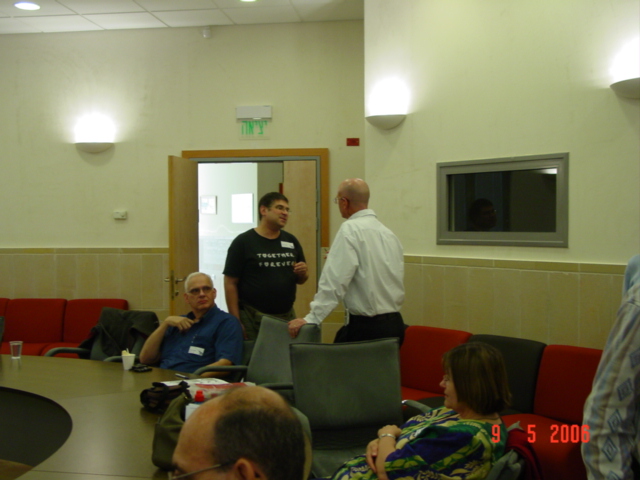
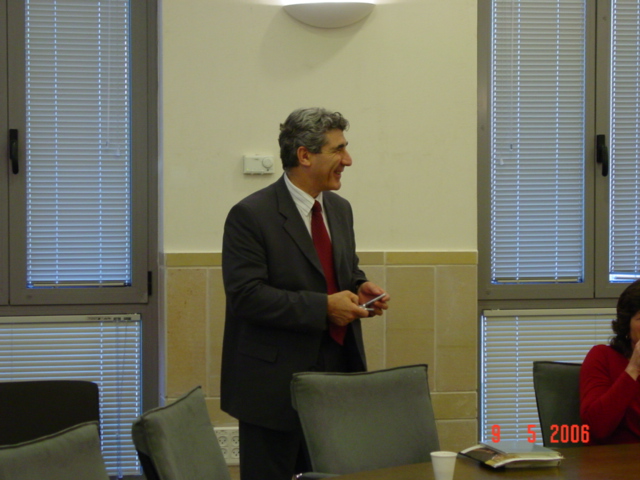
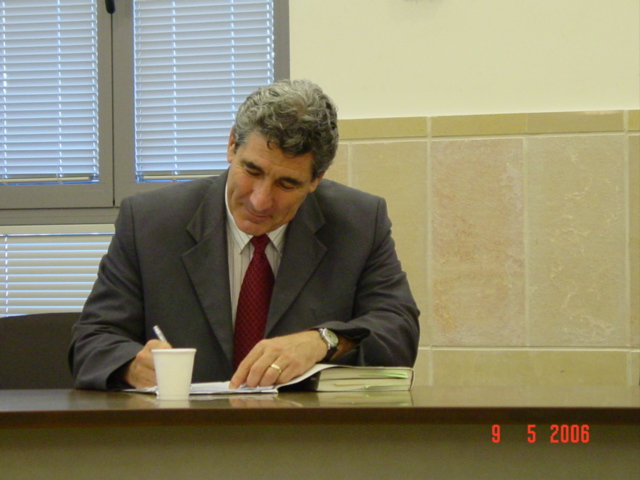

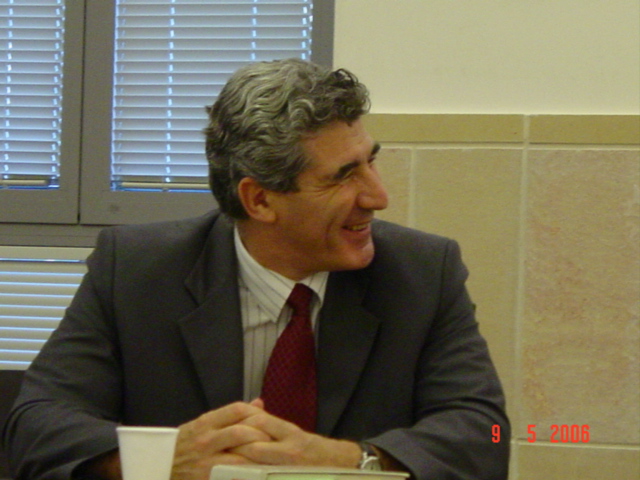
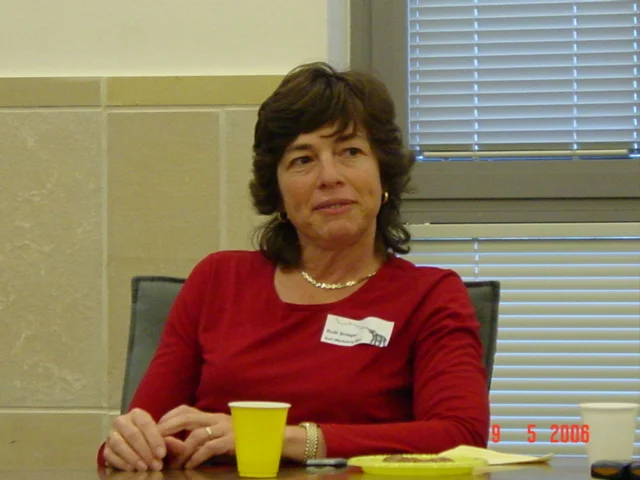
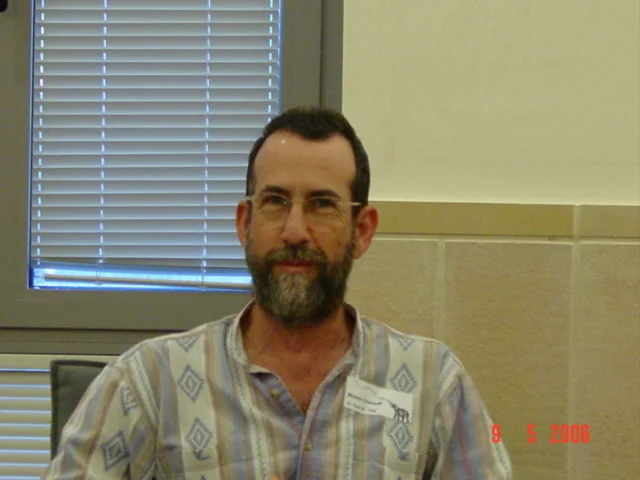


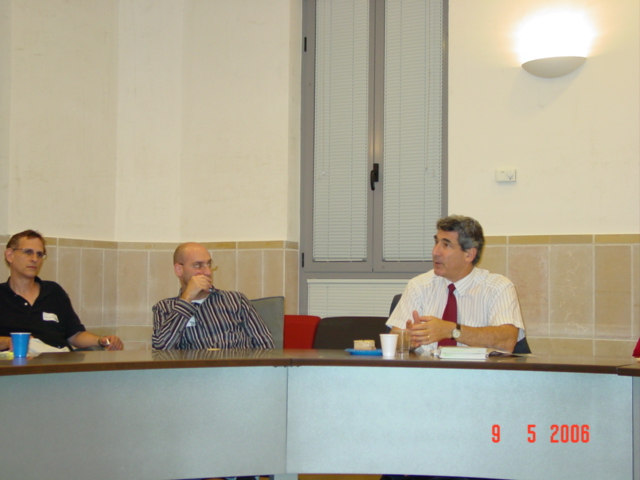
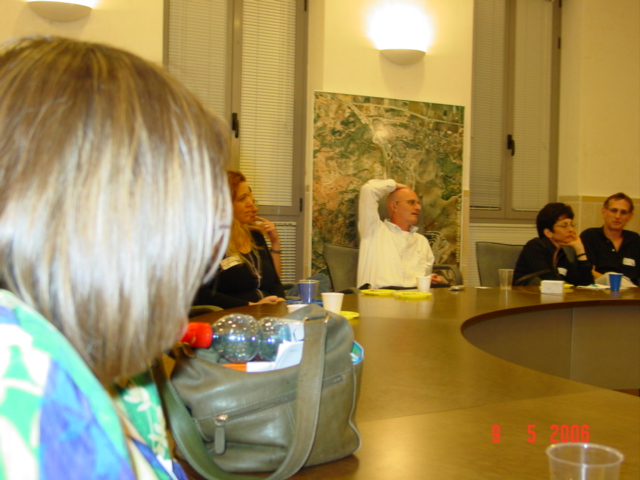

Jonathan Friedland amused and informed the audience at the Yokneam Forum Monday evening. In the small country of Israel, in the German Colony of Haifa, near the original US Embassy of Israel, Jonathan runs the #1 US Consular Agency - the most active US Consular Agency world-wide. At the Forum, Jonathan answered a number of questions regarding visas to the US and US citizenship. He emphasized that the one thing the US government wants to know when someone is applying for a visa to the US is whether or not that person is returning to Israel. Visa applicants must show hard facts to overcome the US government's presumption that the applicant will use the visa to illegally stay in the US. While in August 2001 the US Embassy in Israel received special recognition for the speed with which they issued visas, in October 2001 the US Embassy in Israel was reprimanded for the speed with which they issued visas. So visa applicants should have their arguments and documentation ready to prove their case. Furthermore, the US is much more hesitant to change someone's visa status once already in the US, so best to apply for the most relevant visa while still in Israel.
Jonathan provided some other tidbits on visas and passports: that the Life-time visas to the US issued a number of years ago were all cancelled several months ago; that non-US citizens in the US do not have US due process; and that any US passport belongs to the US government - not to the holder of the passport; visas and passports are privileges, not rights.
Participants learned that it is no longer so easy to shed US citizenship. Whereas in the past it was possible to perform an ex-patriating act inadvertently (such as taking on a job where the ultimate employer was the Israeli government), these regulations have become progressively more liberal. Renouncing US citizenship now requires action and intention, plus a face-to-face convincing session with a US government representative, with the stars and stripes in the background. Relinquishing one's citizenship does not turn one into a persona non-gratis, tourist visas will still be granted to ex-US citizens.
As US citizenship continues forever, citizens do not need to visit the US in order to retain citizenship, and children born outside of the US from two US-citizen parents is born a US citizen - provided both parents were in the US for any period of time prior to the child's birth. Anyone born in the US is also a US citizen. The question of US citizenship for children born in more complicated circumstances (e.g., one parent non-US citizen, adopted child) is best answered through Jonathan. While requirements in these areas have become more lax, the enforcement of these regulations has become more strict.
Jonathan reminded us that he can only assist with US government issues, not problems from specific states in the US, and that it is best to go to experts in areas such as taxes (CPA) and social security (social security experts at the US Embassy). Still, participants at the Forum came away clear that Jonathan has a wealth of important information.








